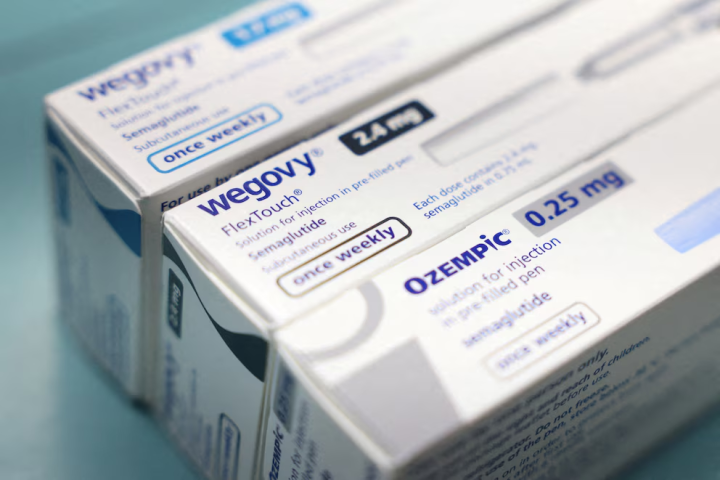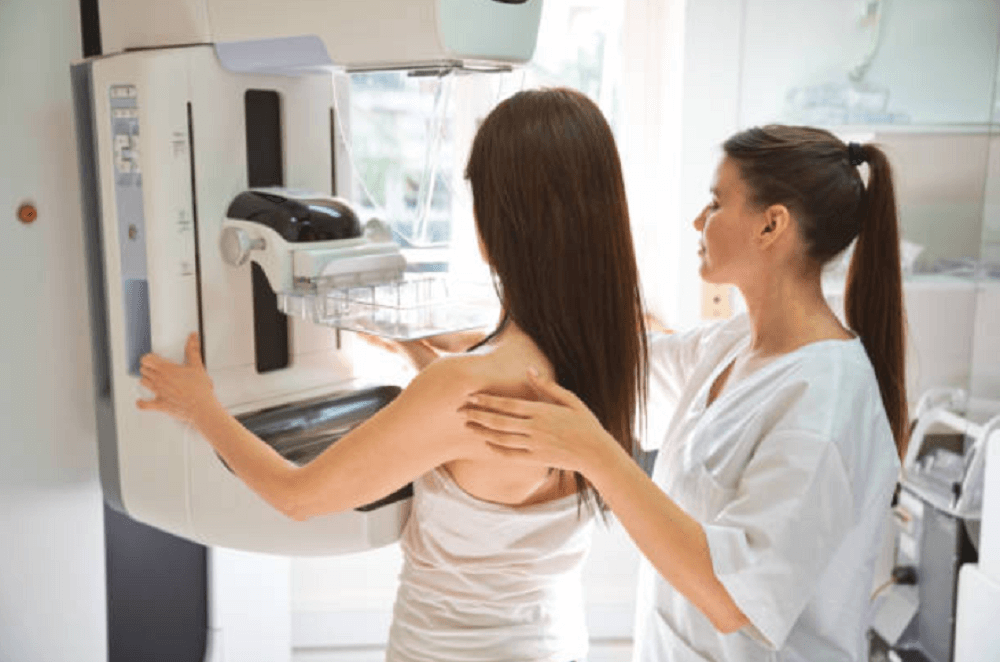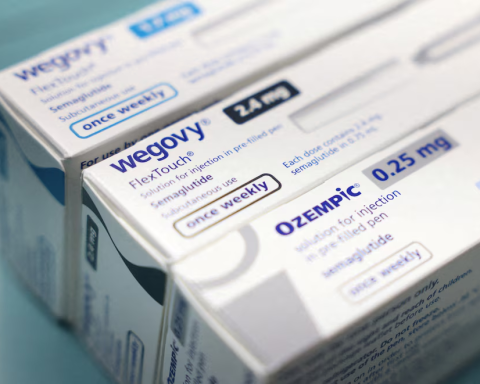MADRID, 14 (EUROPA PRESS)
The rise in Celsius causes the heart to pump more blood to the skin, which ventilates due to the effect of sweat, creating an overexertion for the heart, which must work approximately three times harder, explains Antonio Álvarez-Vieitez, head of Cardiology at Nuestra Señora del Rosario University Hospital.
Furthermore, the expert adds that, "if the situation persists, or if the individual has a weak heart, heart failure with signs of fatigue develops." At the same time, the kidneys, receiving less blood, "causes their arteries to constrict, making them unable to purify the blood, which causes them to lose salts and fluids and leads to dehydration."
In this regard, Dr. Álvarez-Vieitez warns of the "common" danger of heat stroke during these summer days. Therefore, he explains that "if a person has a body temperature close to 40 degrees, is short of breath (breathless), dizzy, and stops sweating, they should urgently seek medical attention; although the first step is to cool them down with cold showers, baths, or cloths and hydrate them, give them fluids to drink if they tolerate it, and if not, administer IV fluids to get their kidneys working and their blood pressure up. Likewise, the patient should be placed in a cool place, with air conditioning if possible."
He also adds that the people most susceptible to heat stroke are those over 70 and children, as they don't have the active thermoregulatory systems that others do. He also points out that "apart from heat stroke, sometimes, with increased temperature, hemodynamic angina can occur due to the overexertion of the heart."
Another problem with heat is the slowing of peripheral circulation due to vasodilation, which causes edema (fluid retention) in the lower extremities. To combat this, the cardiologist recommends avoiding prolonged periods of standing still or sitting still. Specifically, he advises "doing moderate exercise and trying to keep your legs elevated. If you remain standing for long periods of time, you may experience low blood pressure, dizziness, and loss of consciousness (syncope) due to a lack of cerebral blood flow."
However, the doctor advises that "heat is good for hypertensive patients, as it's easier to control their blood pressure in the heat than in cold weather, which narrows the arteries and raises blood pressure. However, hypertensive patients who take diuretics should be careful with high temperatures, as it's easier to become dehydrated."






